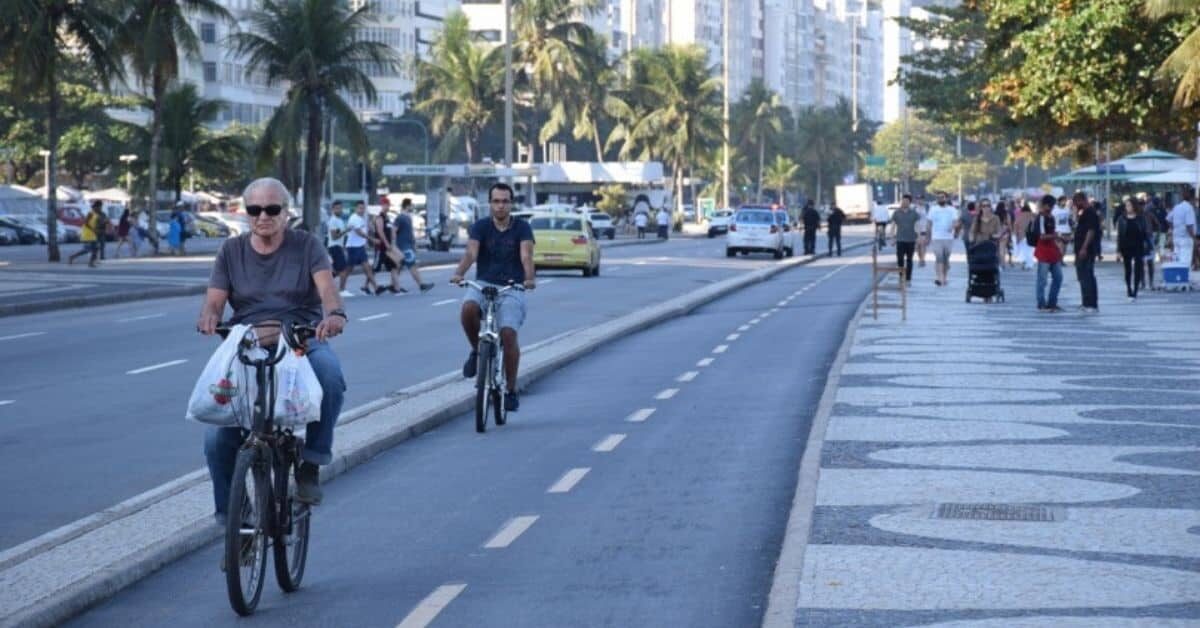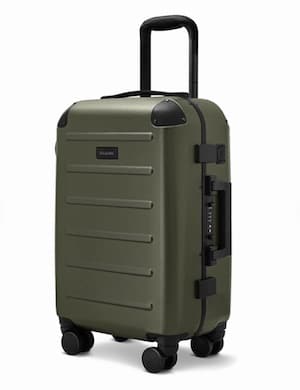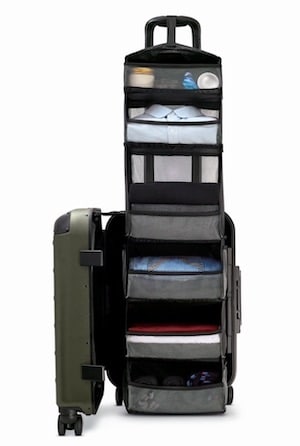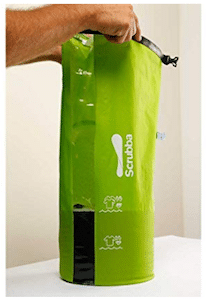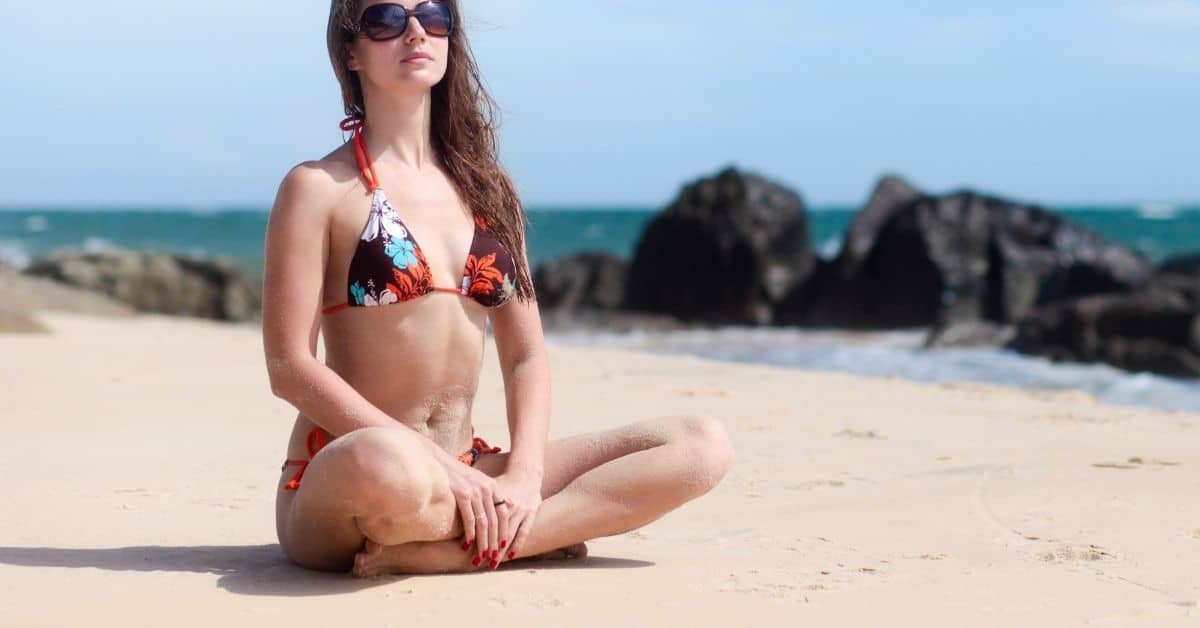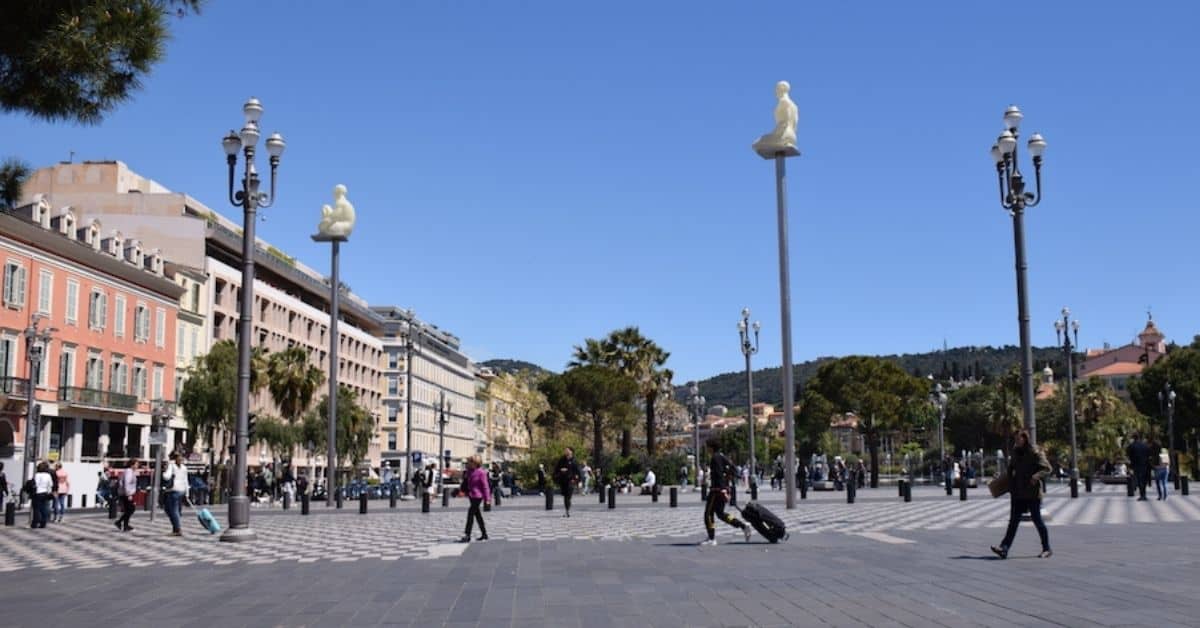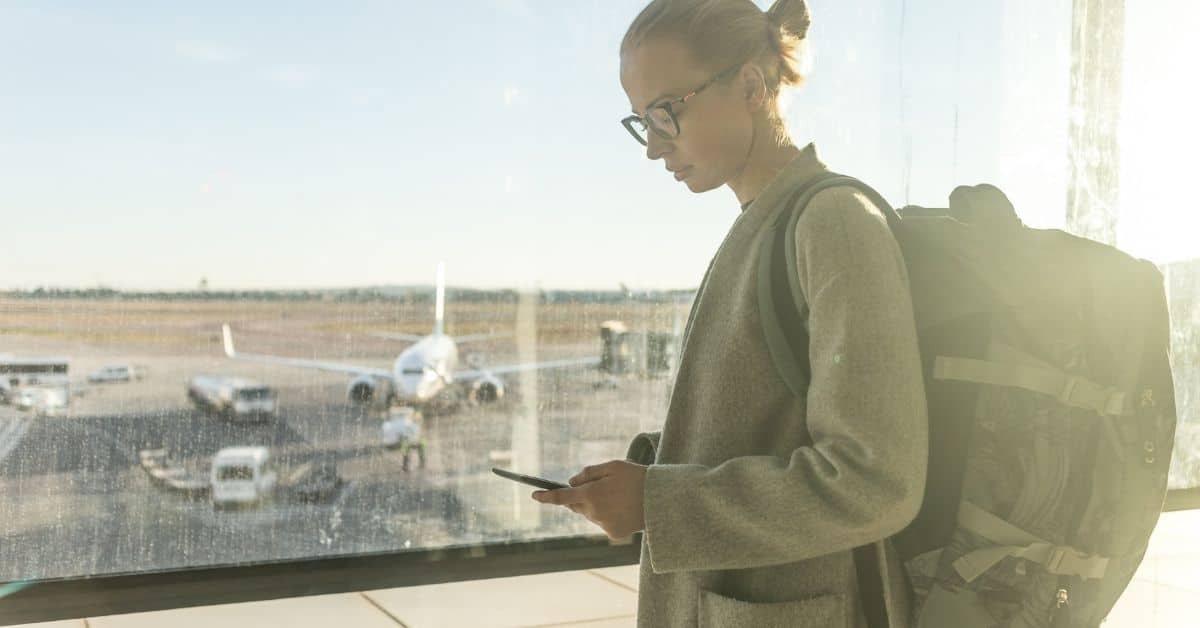Many people think that being an eco-friendly traveler, or “eco-tourist”, requires camping, communing with nature, or “roughing it” in some way, giving up all the creature comforts you’re used to. Not true.
Ecotourism means “responsible travel to natural areas that conserves the environment, sustains the well-being of the local people, and involves interpretation and education”.
However, you do not have to just visit natural areas to be an eco-friendly traveler. Keep reading to find eco travel tips you can use to be “eco” in any of your travels.
Like this? Share it with others!
This post contains affiliate links. My preference is to provide links to companies other than Amazon whenever possible. I recognize many people like Amazon, not to mention there are eco-friendly, ethical, and sustainable brands out there who use Amazon. I want to support them. So, just know you may see multiple links for one option. Should you make a purchase through these links, I will receive a small commission at NO additional cost to you. See my Disclaimers & Disclosures and Privacy Policy for more information.
Why Eco Friendly Traveling Matters
The ultimate goal of ecotourism is to consider how your actions as a tourist affect the area you are visiting, socially, environmentally and economically. Therefore, practicing ecotourism through practicing eco travel tips helps reduce our impact on the environment, and on climate change, while helping the local society and economy.
After all, the more you know about the local area, the more apt you will be to care to help preserve it and protect the local natural resources, culture and wildlife habitat. Right?
“Take nothing but pictures, leave nothing but footprints, kill nothing but time.” – Unknown
Eco Travel Tips for Eco Traveling
So, how can you do your part to help the environment, local communities and economies while traveling? Here are 10 easy ecotourism travel tips with examples anyone can follow. Share them with others.
1 – Pack Light
The less your bag weighs means less fuel the airplane has to use. Additionally, not only will you save money in extra weight fees, when you bring all carry-on luggage, you avoid additional airport lines. This eco travel tip has multiple bonuses.

CORR Tip
Mix and match your outfits to maximize your options. Pack items you can hand wash and hang-dry easily so you pack less outfits.
2 – Save Energy at Home and Traveling
Before you leave home, unplug all electronics and put your lights on timers for safety and energy conservation at home.
When not using your hotel room or other accommodation, turn off the lights, television, and all electronics. Turn off, or turn down, the A/C and heat as well.
Use the “Do Not Disturb” sign so housekeeping does not need to run vacuums daily or wash and dry bed and bathroom linens daily saving energy and water, as well as reducing use of potentially harmful cleaning products.
Forgo the hair dryer and let your hair dry naturally. Find travel-friendly hairstyling tips that don’t require a hairdryer.
3 – Save Water While Traveling
Take shorter showers or fewer showers. Using a soapy washcloth does wonders for freshening up without the extra water use.
Turn off faucets when not brushing teeth, washing hands, shaving, etc.
Hand-wash your clothes in the sink instead of using the hotel laundry service as some hotels may wash guests’ clothing individually, which is a huge waste of water.
4 – Reduce, Reuse, Recycle
Bring your own refillable water bottle. Make sure it’s light-weight for carrying daily.
For hot and cold drinks, bring a BPA-free, collapsible cup. These come with a lid and wrist band, fit in small bags, and are great for any type of travel from camping to airline use.
Bring your own bamboo utensil set to avoid using plastic utensils in all locations (airports, airplane, hotel room or eating out).
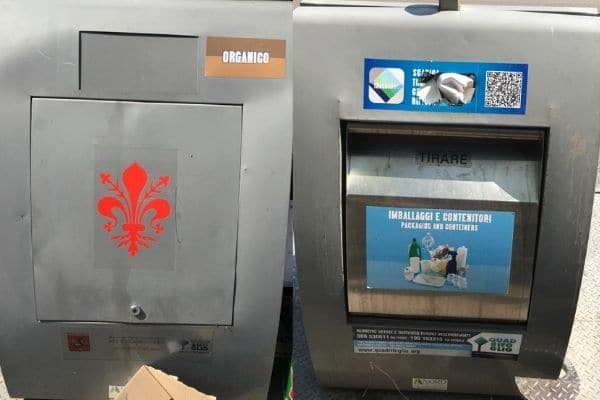
Use only one bar of soap for both sink and shower use.
Bypass paper tissues and bring a couple of handkerchiefs. These are easy to hand-wash, not to mention they save a lot on paper and waste.
If your hotel does not offer recycling, hang on to it until you know where can recycle it.
You’ll Also Like
5 – Buy Locally While Traveling
Support the local economy and buy from local vendors and artisans while traveling. Bypass the chain restaurants you may be familiar with and eat and drink at local restaurants and bars. This is also a great way to mingle with locals.
Do not buy products from made from protected hardwoods or from endangered animals, even if it is locally acceptable to sell them.

6 – Be a Conscious Consumer
Check labels on products and ask questions on what the product is made from.
If you will be doing ocean water activities, use only reef-safe sunscreen or wear clothing. Reef-safe sunscreens, like Badger, are made to protect the health of marine life and coral reefs. Some destinations may not sell these brands, so bring it with you.
Want to know your accommodations or tour company cares about ecotourism, too? Check out the Center for Responsible Travel (CREST). CREST promotes “responsible tourism policies and practices so that local communities may thrive and steward their cultural resources and biodiversity” and their site provides a list of tourism partners doing the same.
Just because a business says they are “environmentally-friendly” or “eco-friendly” does not make it so. Unfortunately, there are businesses that market themselves as such, but really aren’t.
We call this “greenwashing”. Do a little research to follow up to confirm they are walking the walk.
CORR Tip
Check out the CORR Concepts Conscious Consumer Directory will help you avoid “greenwashing”.
7 – Take Public Transportation
Utilize the local public transportation system. This not only reduces your carbon footprint but it is also a great way to meet locals, get to know the area better, and provide a better understanding and appreciation of the local culture. Also consider renting bikes or just walk.
For maximum benefits, apply this eco travel tip to your regular commuting, not just while traveling.

8 – Carbon Offset Air Travel
If you are flying to your destination, consider purchasing carbon offsetting your air travel. Carbon offsetting allows you to buy a certificate to reduce carbon emissions, a major contributor to climate change, which in turn contribute community projects across countries to reduce greenhouse gas (GHG) emissions.
There are several ways to go about this to help reduce your impact to climate change such as purchasing through your airline or through a third party, like MyClimate.org, Carbonfund.org, or terrapass. Check them out.
Additionally, buy direct flight tickets to reduce flight time.

9 – Learn the Local Language and Customs
Learning he local customs and culture helps to preserve them. Learning the local language, even just a few words, shows respect for the local culture, helps break down social barriers, and makes for meeting people a lot easier.
Consider a “home stay” opportunity by staying with a local. Airbnb or other local rentals may be an option as well. Using these types of accommodations may save you money or you may get great local recommendations on what to do and where to eat. Plus, you could have a connection on when you go back.
Share what you know about the area or culture with other tourists or learn from each other.
10 – Donate to Eco-Friendly and Conservation Groups
Donate your dollars to eco-friendly and environmental conservation groups so that you and others can continue to enjoy the area for years to come.
You can also donate your time through voluntourism. I have taken part in marine conservation volunteer work in Belize and have found it very rewarding. I can’t wait to do it again.
Let Me Hear From You
I would love to hear if you found these top 10 eco travel tips helpful for travel. Post me your thoughts or questions in the Comments section below. Thank you!
Like this? Share it with others!
MORE CONSCIOUS CONSUMER POSTS YOU’LL LIKE
10 Eco-Friendly and Sustainable Swimwear Brands
15 Eco Friendly Travel Products
Eco-Friendly, Ethical and Sustainable Fashion Explained
Best Eco-friendly Personal Item Bag for Planes

Gwen, CORR Concepts Founder
Gwen is a Sustainability professional with an MBA in Sustainable Enterprises and LEED AP ID+C accreditation from the GBCI. She is also the Founder of CORR Travel. As a Sustainability professional and Earth Steward, environmental sustainability and biodiversity protection is her “religion”. Travel is her passion.

